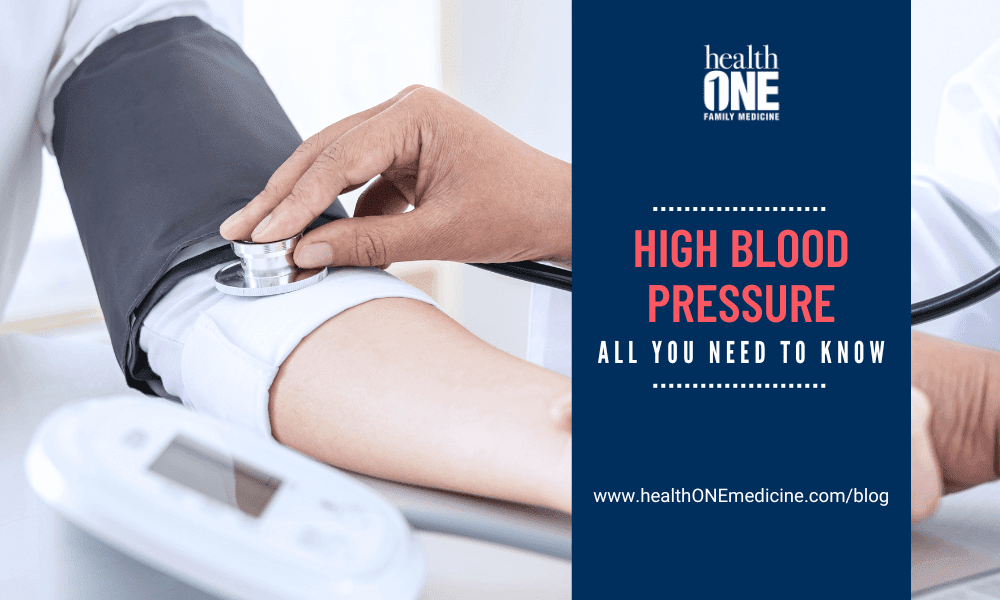Every visit to the doctor\’s office starts with a blood pressure check for a reason. Although one in three Americans has high blood pressure, 20% are completely ignorant of their condition since it seldom causes noticeable symptoms.
Blood pressure is the force the heart\’s blood flow exerts against the artery walls. When that pressure is too high and starts to hurt the body, it is known as high blood pressure, also called hypertension in medical terms. The heart and blood vessels will eventually suffer harm if neglected.
120/80 mmHg or lower blood pressure readings are considered normal. 120-139 mmHg and 80-89 mmHg are considered risk ranges. High blood pressure is characterized by readings of 140 mmHg/90 mmHg or greater. In light of this, here are a few other things you need to know.
Excessive Salt Intake Increases Blood Pressure
Water retention brought on by an excessive salt intake might strain your heart and blood vessels. Less than 3/4 teaspoon of salt should be consumed daily by people at high risk of developing hypertension and those with high blood pressure, like people over fifty.
In fact, even people with normal levels should limit their salt intake. Therefore, limit your daily sodium intake to no more than 2,300 mg, or roughly one teaspoon, to avoid developing high blood pressure and its side effects. As a general rule, pick fresh chicken, fish, and lean meats over canned, smoked, or processed meals and foods with 5% or less of the recommended salt value per serving. Likewise, fresh or frozen veggies are preferable to canned ones.
A Good Night\’s Sleep Helps Maintain Healthy Blood Pressure
The deepest stage of sleep, sometimes called slow-wave sleep, causes most people to experience a drop in blood pressure, which is the body\’s natural and healthy response to sleep. Lack of this nightly drop increases blood pressure and puts one at risk for heart disease.
People typically sleep in gentle waves for 90 to 2 hours each night. According to a recent study published in the journal hypertension, men who slept for fewer slow wave cycles each night had a greater chance of developing hypertension than those who slept longer.
You can take steps to ensure a restful night\’s sleep, even if aging and sleep disorders like sleep apnea limit your sleep. Ultimately, a regular sleep routine, getting seven to eight hours a night, and being more active throughout the day can help you sleep better.
High Blood Pressure is a Gateway to Other Medical Issues
A significant underlying illness may initially show symptoms of high blood pressure. Doctors will examine a patient\’s kidney and bladder functions, do an electrocardiogram to measure the size of the heart, and search for lung alterations when they receive a high blood pressure diagnosis.
People with hypertension are more vulnerable to renal disease, aneurysms, heart attacks, peripheral vascular disease, and kidney stress. Chronic diseases such as diabetes, renal disease, sleep apnea, and excessive cholesterol increase the chance of acquiring high blood pressure.
Wrapping Up
You won\’t require medical treatment if your blood pressure is within the normal range, but you should maintain a healthy weight and way of life to avoid getting hypertension. Furthermore, if hypertension runs in your family, you may need to be more vigilant about your lifestyle. Ultimately, high blood pressure is a silent killer!
For more information about keeping your blood pressure in check, contact Health Once Family Medicine by calling (469)262-5762 or visiting https://www.healthonemedicine.com/ today.


Very interesting points you have remarked, appreciate it for putting up.Money from blog